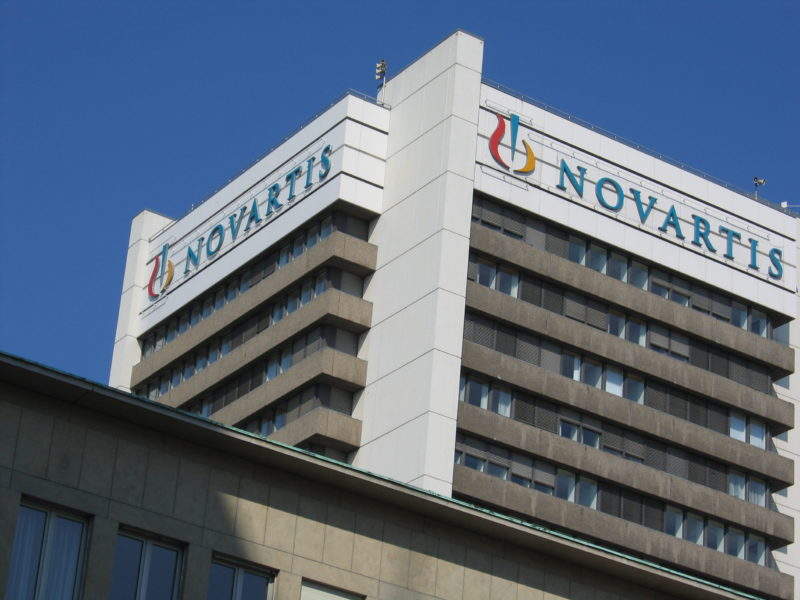
Novartis has obtained approval from the US Food and Drug Administration (FDA) for its Kisqali (ribociclib) to treat hormone-receptor positive, human epidermal growth factor receptor-2 negative (HR+/HER2-) advanced or metastatic breast cancer.
The indication covers the use of the drug in combination with an aromatase inhibitor in pre, peri or postmenopausal women, and with fulvestrant as first or second-line treatment in postmenopausal women.

Discover B2B Marketing That Performs
Combine business intelligence and editorial excellence to reach engaged professionals across 36 leading media platforms.
Kisqali is a selective inhibitor of cyclin-dependent kinase and is designed help slow the progression of cancer by blocking the cyclin-dependent kinase 4 and 6 (CDK4/6) proteins.
The drug was initially approved in the US in March last year as an initial endocrine-based therapy with an aromatase inhibitor combination for HR+/HER2- locally advanced or metastatic breast cancer in postmenopausal women.
Novartis Oncology CEO Liz Barrett said: “Compelling data for Kisqali have led to the broadest first-line indications of any CDK4/6 inhibitor.
“With this new approval Kisqali has the potential to help even more people in the US live a longer life without progression of disease from this incurable form of breast cancer.”

US Tariffs are shifting - will you react or anticipate?
Don’t let policy changes catch you off guard. Stay proactive with real-time data and expert analysis.
By GlobalDataThe latest FDA approval comes after review of data from the MONALEESA-7 and MONALEESA-3 Phase III clinical trials. MONALEESA-7 focused on pre and perimenopausal women and MONALEESA-3 involved postmenopausal women.
Findings showed prolonged progression-free survival (PFS) and improvements within eight weeks after treatment with Kisqali-based regimens, when compared to use of endocrine therapy alone.
The drug in combination with an aromatase inhibitor and goserelin is reported to have almost doubled the median PFS, compared to an aromatase inhibitor and goserelin alone, in MONALEESA-7 trial.
In MONALEESA-3, Kisqali and fulvestrant combination achieved a median PFS of 20.5 months compared to 12.8 months with fulvestrant alone.
As well as the US, the drug has been approved in more than 60 countries, including the European Union.




